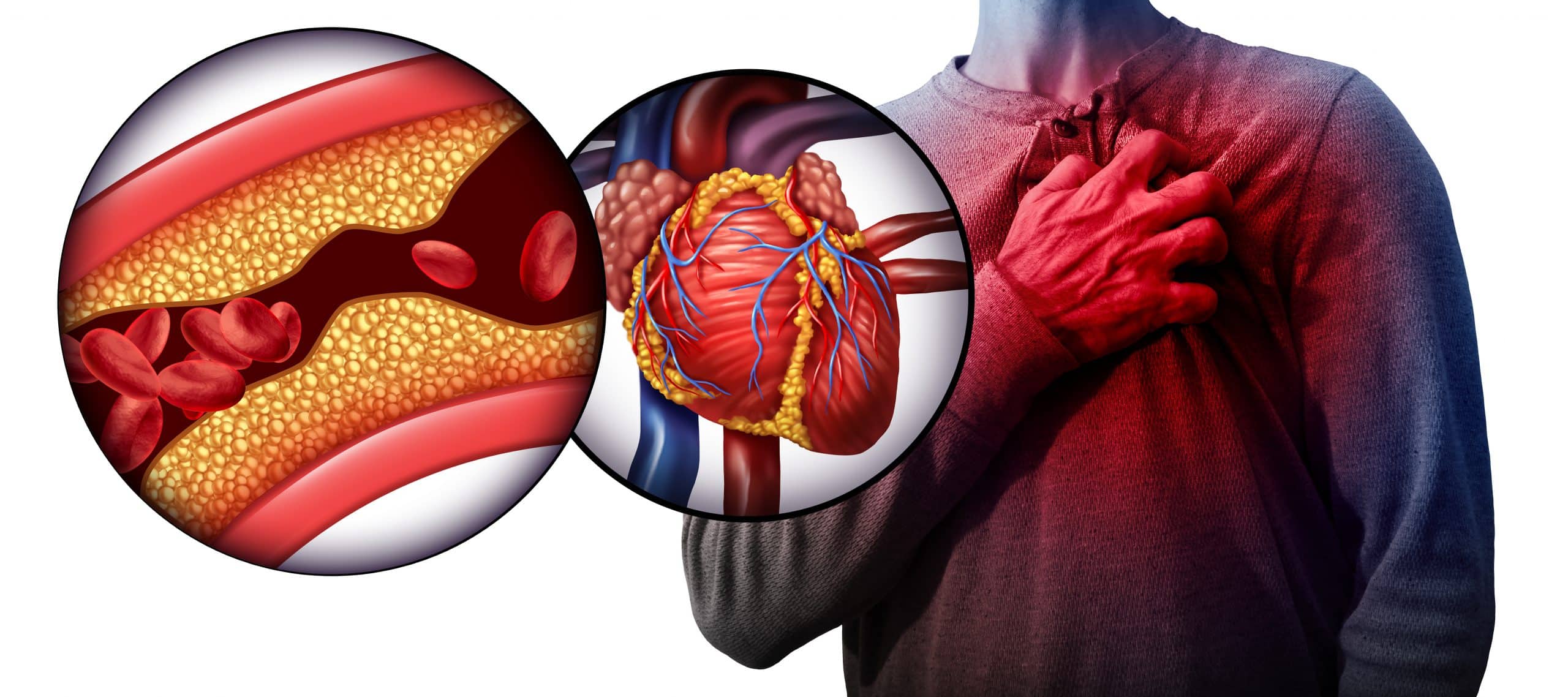08/11/2020
Coronavirus and Blood Clots: What You Need to Know
As the COVID-19 virus continues to threaten the world, many people are trying to learn as much as they can to protect the health of themselves and their loved ones. One of the most mysterious aspects of the virus is the plethora of unexplained side effects that seem to correlate with this dangerous disease. One of the side effects appears to be blood clots. Although medical professionals don’t completely understand this relationship yet, scientists and experts have been able to give some insight to help us better understand the issue.
Educating Yourself About Blood Clots
Blood clots are usually the body’s natural response to trauma or injury. Often, a blood clot prevents excessive blood loss in the event of broken skin, but when it becomes trapped within vessels and veins, it may not always dissolve on its own. A blood clot can travel throughout the body and cause a variety of health issues: Sharp chest pain, excessive coughing, breathlessness, and throbbing in your appendages can all be signs of a potential clot and should be looked at by a professional immediately.
The Link Between COVID-19 and Blood Clots
While nothing is certain yet, there are a few main running theories as to why we’re seeing this correlation between dangerous blood clots and the presence of the novel coronavirus. One theory is that blood clots occur when the virus attacks the endothelial cells inside of blood vessels. It does this by binding to ACE2 receptors, which live in the endothelial cell membrane. This process could potentially spark the release of proteins that lead to clotting. Another running theory is the virus stimulates a hyperactive inflammatory response. Inflammation has previously been linked to the formation of blood clots.
How COVID-19 Blood Clots Differ from “Normal” Blood Clots
One thing scientists have noticed is the blood clots that form in coronavirus patients seem to differ slightly from those they are used to seeing in patients who aren’t suffering from COVID-19. In coronavirus patients, the clots tend to form more easily in the lungs, as opposed to typical blood clots that form in other parts of the body first and slowly travel toward the lungs. Additionally, clots occurring in COVID-19 patients seem more likely to form in tiny vessels of the lungs; in non-COVID-19 patients, they’re more likely to form in larger vessels. Medical professionals are also finding that blood clots seem to be prevalent in COVID-19 patients who previously had little to no issues with blood clots.
Complications from Blood Clots
As stated earlier, blood clots can lead to a wider variety of health issues. In COVID-19 patients, this condition can exacerbate the illness and worsen the recovery process entirely. Blood clots can block arteries to the brain causing strokes, or they can travel to the lungs and lead to pulmonary embolisms. These types of potential complications make blood clots dangerous, so professional treatment is recommended for severe clotting issues.

Reducing Your Risk
One of the best things you can do to reduce your risk of blood clots is to live a healthy and active lifestyle. High blood pressure, obesity, and diabetes can increase your risk of dangerous clots. Managing these types of ailments will always be in your best interest, especially when health is such a massive global priority. CVG can help you make your usual routine healthier and happier. Head to our learning center for more tips and guidance, and for any further assistance, our team of doctors is ready to help you with amazing telehealth opportunities.



